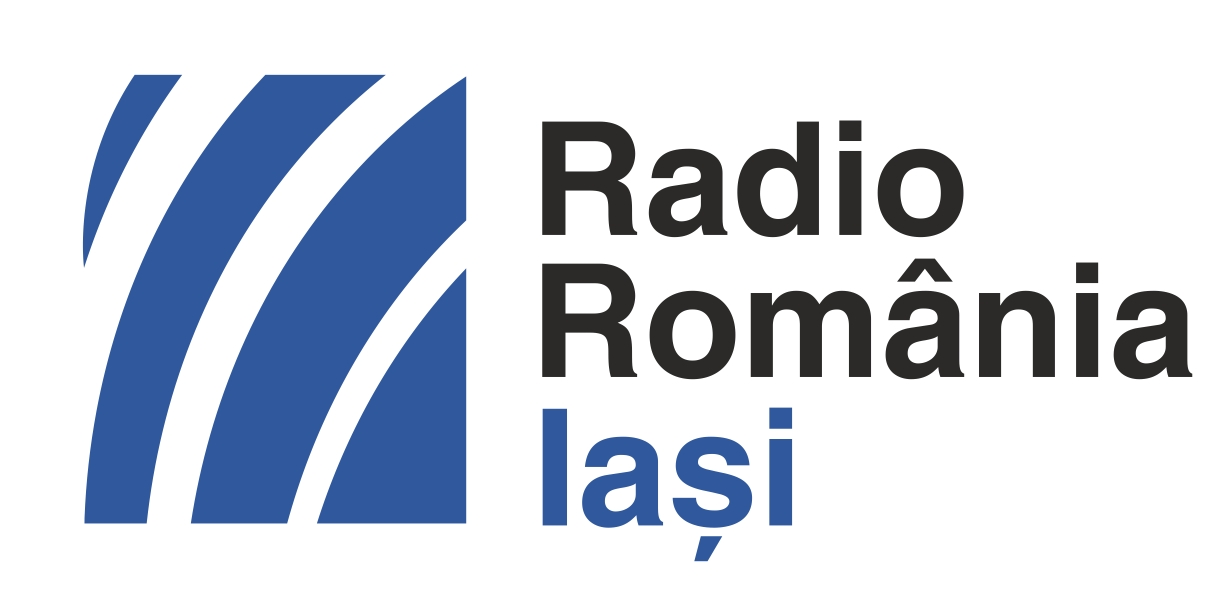Prof. Dr. Tsatsakis Aristides

Prof. Dr. Aristides Tsatsakis
Director of the Department of Toxicology and Forensic Sciences of the Medical School at the University of Crete and the University Hospital of Heraklion
Contactează operatorul PDI 2024
Operatorul PDI 2024
![]()
Adresa: Str. A. Panu nr. 13, Iasi
Tel.: 0332.40.88.00-05
E-mail: contact@pdi.ro
Website: www.eventer.ro
Parteneri Media








